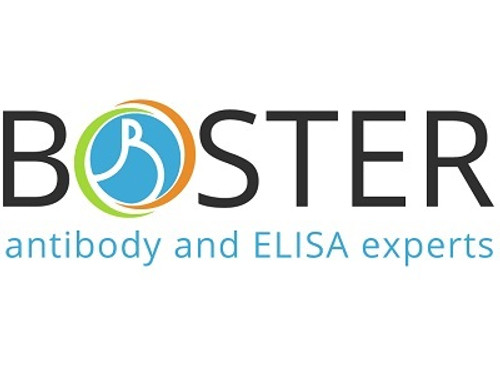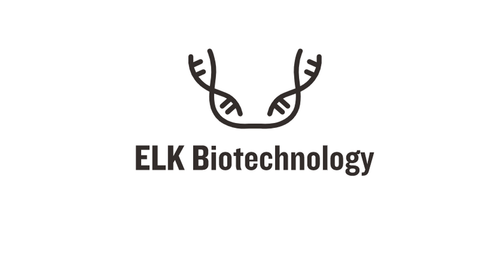Product Description
Human Neuroserpin (SERPINI1) ELISA Kit | AE19979HU | Abebio
Species Reactivity: Human (Homo sapiens)
Abbreviation: SERPINI1
Alternative Name: DKFZp781N13156; PI12; neuroserpin; neuroserpin|serine (or cysteine) proteinase inhibitor; clade I (neuroserpin) ; member 1
Application: ELISA
Range: 0.781-50 ng/mL
Sensitivity: 0.34 ng/mL
Intra-Assay: ≤5.8%
Inter-Assay: ≤7.2%
Recovery: 0, 81
Sample Type: Serum, Plasma, Other biological fluids
Detection Method: Sandwich
Analysis Method : Quantitive
Test Principale: This assay employs a two-site sandwich ELISA to quantitate SERPINI1 in samples. An antibody specific for SERPINI1 has been pre-coated onto a microplate. Standards and samples are pipetted into the wells and anySERPINI1 present is bound by the immobilized antibody. After removing any unbound substances, a biotin-conjugated antibody specific for SERPINI1 is added to the wells. After washing, Streptavidin conjugated Horseradish Peroxidase (HRP) is added to the wells. Following a wash to remove any unbound avidin-enzyme reagent, a substrate solution is added to the wells and color develops in proportion to the amount of SERPINI1 bound in the initial step. The color development is stopped and the intensity of the color is measured.
Product Overview: Serine protease inhibitors of the serpin superfamily are involved in many cellular processes. Neuroserpin was first identified as a protein secreted from the axons of dorsal root ganglion neurons. It is a member of the serpin superfamily of serine proteinase inhibitors. Neuroserpin is primarily secreted by axons in the brain, and preferentially reacts with and inhibits tissue-type plasminogen activator. It is thought to play a role in the regulation of axonal growth and the development of synaptic plasticity. Mutations in this gene result in familial encephalopathy with neuroserpin inclusion bodies (FENIB), which is a dominantly inherited form of familial encephalopathy and epilepsy characterized by the accumulation of mutant neuroserpin polymers. Multiple alternatively spliced variants, encoding the same protein, have been identified.
Stability: The stability of ELISA kit is determined by the loss rate of activity. The loss rate of this kit is less than 5% within the expiration date under appropriate storage condition. The loss rate was determined by accelerated thermal degradation test. Keep the kit at 37°C for 4 and 7 days, and compare O.D.values of the kit kept at 37°C with that of at recommended temperature. (referring from China Biological Products Standard, which was calculated by the Arrhenius equation. For ELISA kit, 4 days storage at 37°C can be considered as 6 months at 2 - 8°C, which means 7 days at 37°C equaling 12 months at 2 - 8°C) .
 Euro
Euro
 USD
USD
 British Pound
British Pound
 NULL
NULL












